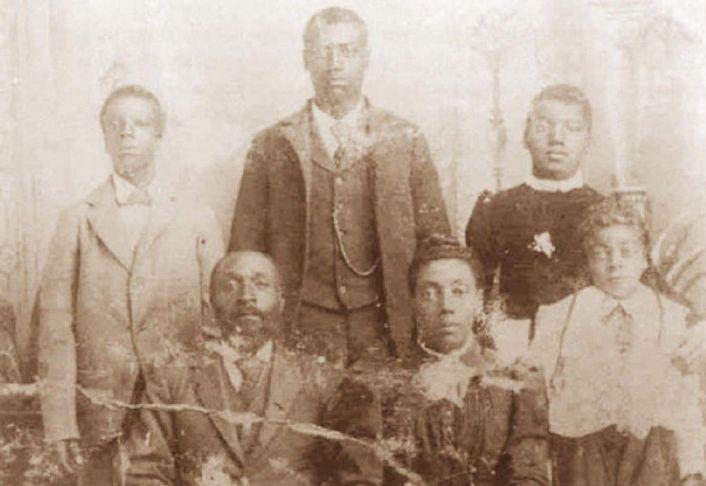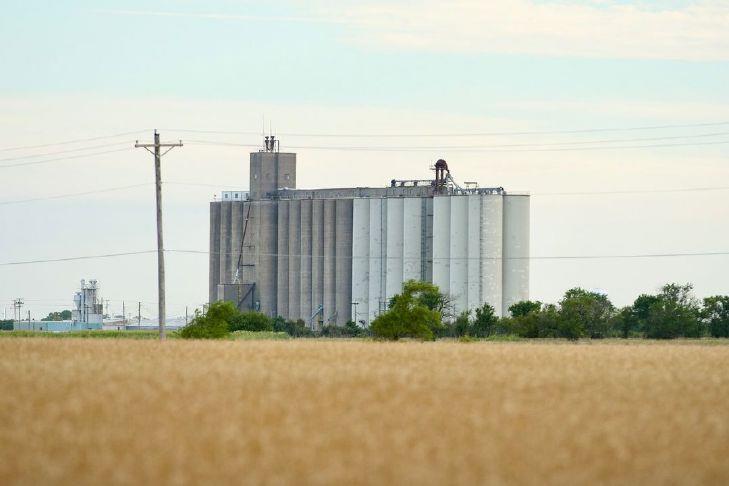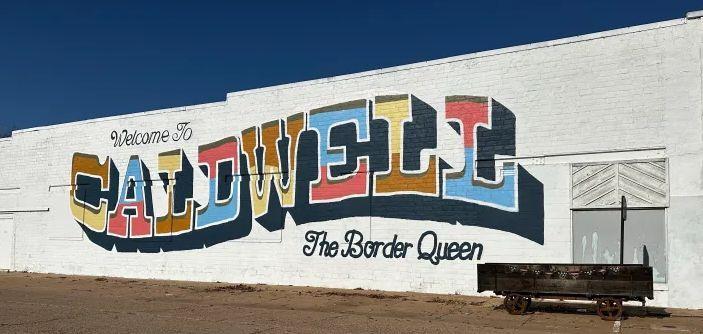I took my twelve-year-old grandson school clothes shopping a couple weeks ago, the kind of errand that always starts with “just a couple of shirts” and ends with me juggling sneakers, hoodies, and a very specific debate about why shorts are better than jeans.
Somewhere between the dressing room and the checkout, he glanced up at me and asked, “Nana, what do you even do all day? Like… at work?”
I laughed. “You’ve seen me run to meetings and answer calls. What do you think I do?”He thought for a second. “You… fix roads?”“Not exactly.”“Run the county?”“Definitely not.”“Okay, then you… make people open businesses?”“Closer,” I said, “but I don’t make anyone do anything.”
We stood at the register while the cashier found a price tag that refused to scan. I told him that my job is economic development, which is an awfully grown-up phrase for something simple: I help our community grow in ways that make life better for families and businesses.
He stared at me the way only a twelve-year-old can: curious, skeptical, and half-convinced I was inventing a job to avoid explaining it properly. So, I tried it his way.
“Imagine our town is your baseball team,” I said. “Some kids can really pitch, others are strong hitters, some are speedy on the bases, and the field lights flicker sometimes. My job is like being a coach for the whole town. I help the team get what it needs—better lighting, more field time and batting cages, a good trainer—so everyone can play their best.”
“Okay,” he said, “but towns don’t have practice.”
“They do, just not in uniforms,” I said. “Practice is when a new bakery wants to open and needs help finding a building or a small loan. It’s when an employer wants to hire more people but needs better internet, so the new equipment works. It’s when parents want to work but can’t find a safe place for their little ones, so we help make more childcare options possible. It’s when the high school robotics club dreams bigger, and we connect them with a small grant so they can buy parts and travel to competitions.”
He nodded, warming up to the picture. “So, you… hook people up?”
“Exactly. I connect people with resources and each other. Some days that means writing grants so we can match dollars and bring projects here. Some days it means sitting with a business owner at a beat-up table on Main Street, sketching out a plan on a napkin. Some days it’s convincing different groups to work together—because if we pull in the same direction, we move much farther.”
He asked, “Does that really change anything? Like, for me?”
“Remember when your class streamed videos and the internet froze?” I asked. He groaned theatrically. “We’ve worked with partners to upgrade broadband, so fewer days feel like that. When a new shop opens or an existing one expands, that’s a few more part-time jobs for high schoolers, maybe even your first paycheck. When we help a childcare center open, more parents can go to work, which means more money spent at those stores, which keeps them open. It’s all connected.”
He tapped the kick plate with his sneaker, chewing on what I’d just said. “So, it’s like… power-ups for the whole town?”
I smiled. “Exactly like that. Economic development is adding the power-ups—good jobs, reliable internet, housing people can afford, childcare, training—so families can build the lives they want here. And when families do well, the town does well. It’s not magic. It’s a lot of listening, planning, and making sure the right pieces find each other.”
He kept tapping—tap, pause, tap—then looked up. “Okay, but what happens if nobody does that—if economic development doesn’t happen? What would that look like for my future?”
“Then the power-ups don’t arrive,” I said. “On the field, the lights keep flickering, the batting cages stay broken, and the bench gets thinner. In real life, it looks like fewer after-school jobs, slower internet that drops during class, fewer childcare spots so parents cut back hours, and storefronts that sit empty longer. New businesses choose other places. For you, it means fewer chances to try things—fewer places to work, fewer mentors to meet—and more kids feeling like they have to leave to find what should be possible at home. That’s why this work matters.”
We paid for the clothes and stepped into the late-afternoon heat. He held the bag and kept thinking, which I’ve learned means the next question will be a good one.
“Do you ever get to see it happen? Like, not a plan, but the thing for real?”
“All the time,” I said. “I see it when a ribbon gets cut, sure, but also when the coffee shop hires two more teenagers for the Saturday rush. When a mom tells me she finally found a spot for her toddler and picked up extra hours. When a small manufacturer upgrades equipment and keeps jobs here instead of moving them. When the library’s after-school program fills up because kids have a safe place to go until their parents finish work. Those moments don’t always make headlines, but they’re the score on the board.”
He looked satisfied with that. “So, your job is to make it easier for people to stay and do cool stuff.”
I laughed. “Put that on my business card.”
On the drive home he asked if economic development ever ends. “Nope,” I said. “Because people keep growing, and towns do, too. We fix one bottleneck and find the next. We help one business land on its feet and another starts to dream. The goal is a community that keeps opening doors—where kids like you, when you’re ready, can see a future right here.”
He stared out the window for a minute. “So… if I start a sneaker-cleaning business and need a place and a small loan and customers, you could help?”
“I’d be first in line,” I said.
That evening, he showed his mom the new hoodie and told her, with great authority, “Nana gives our town power-ups.” It wasn’t a textbook definition, but it was perfect. Economic development is helping people and places get what they need to thrive—connecting the dots so opportunity isn’t somewhere else; it’s right here at home.



